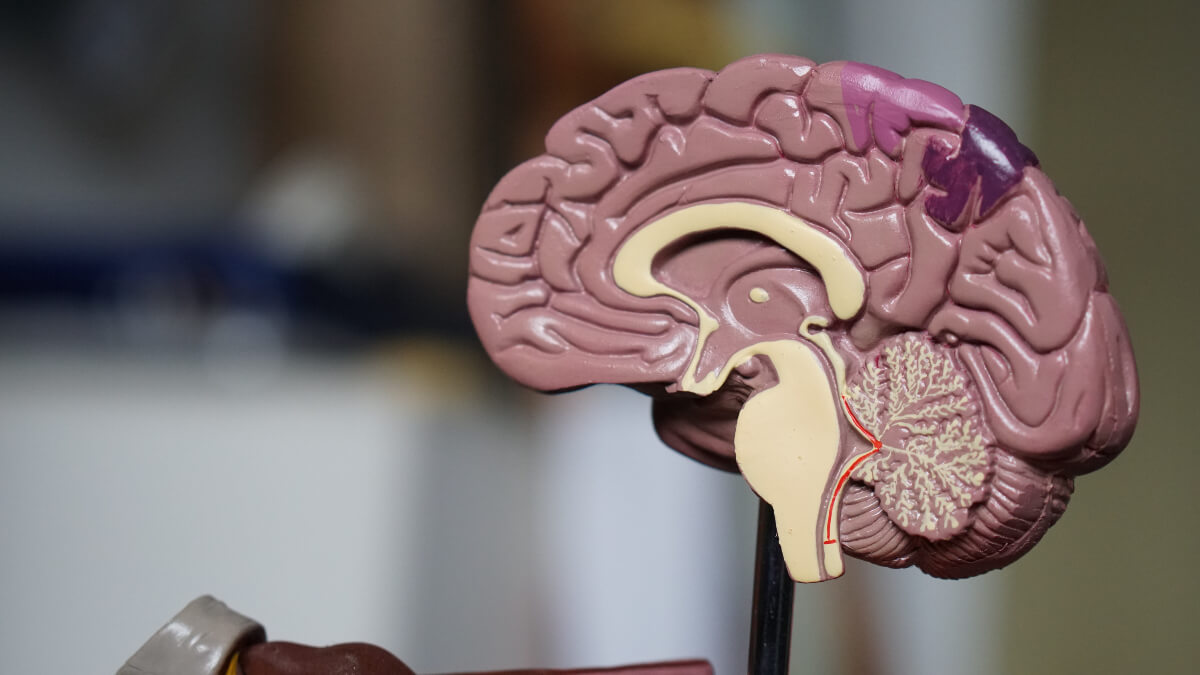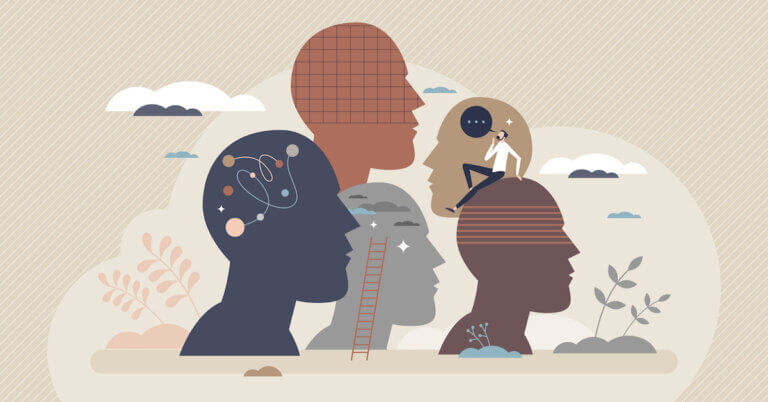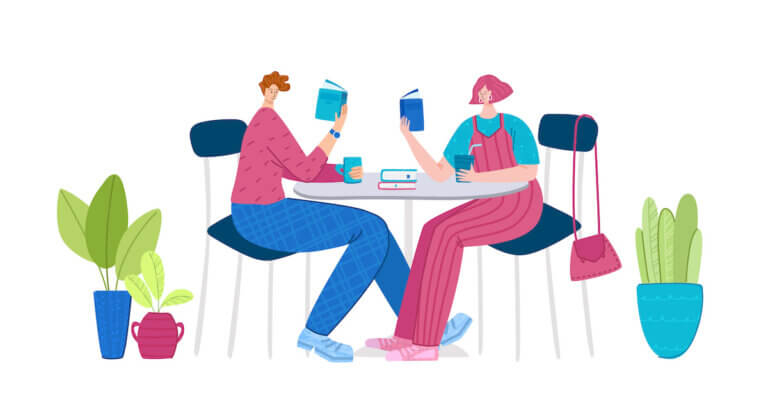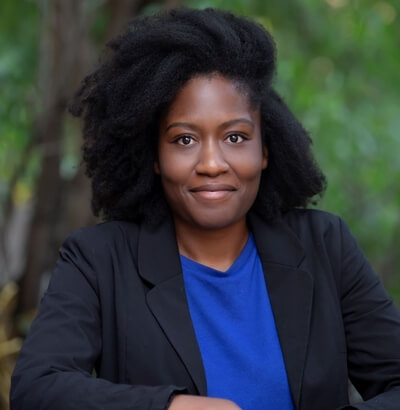While the conversation about mental health is now mainstream, the trivialization of mental health issues, including ADHD, is still a problem that needs to be addressed. Rather than attempting to propose large systemic solutions, I’d like to discuss micro-level interactions. The language we use in everyday conversation is a reflection of our prevailing value systems.
For example, meeting standards of productivity — a value that is highly regarded in our Western society — can be an issue for those who deal with chronic mental health issues. And in attempting to address the little things such as language, I might come off as being “sensitive,” and even if that is the case, is that really a bad thing?
Before getting into it, here is my disclaimer. While I do have lived experience, I am not a medical professional. I love stories. They carry the potential for life-changing insight. However, please do not interpret my words as any sort of medical recommendation. In this piece, I’m attempting to strike a balance between being included in the conversation without becoming the authority on ADHD. Everyone’s experience is different.
A Very Brief History of ADHD
The Diagnostic and Statistical Manual of Mental Disorders (DSM) — published by the American Psychiatric Association — is a handbook referenced by medical professionals in order to diagnose mental disorders. The term we now know as ADHD first appeared in the DSM-II. Here’s how the term changed over the years:
- 1968: Hyperkinetic Reaction of Childhood, DSM-II
- 1980: Attention Deficit Disorder, DSM-III
- 1987: Attention Deficit/Hyperactivity Disorder, DSM-III-R
- 1994: Attention Deficit/Hyperactivity Disorder, DSM-IV, with the addition of three subtypes
ADD Versus ADHD
When I was evaluated and eventually diagnosed in 2015, the psychiatrist explained that there are three different types of ADHD: predominantly inattentive, predominantly hyperactive and combined. I was diagnosed as the inattentive type.
Simply put, ADHD is an issue of executive dysfunction. My psychologist explained that a neurotypical brain is able to filter, prioritize and decide when something is not worth its attention. My brain doesn’t know how to do that.
For me, this manifests as having a painfully hard time making decisions, even the smallest ones like buying chips at the corner store. So, to the clerk at the cash desk: I may look suspicious to you because I’ve been standing over here in the corner for the last 10 minutes, but I promise you I am not stealing. I am on the verge of a meltdown. I can’t decide if I’m in the mood for Lays or Doritos.
I used to think that I would grow out of my “quirks”, but the older I get, the more I realize that this isn’t something I can just willpower myself out of. This is one of the many reasons why the trivialization of ADHD bothers me.
Common Phrases That Undermine the Struggles of ADHD
“This generation is so ADD,” or some variation of this. Yes. While I agree that the evolution of technology has reduced our patience as a society (I could barely handle using data at reduced speeds, when I ran out of “unlimited” data this month), that to me, is more of an issue of expectations — we expect things to happen quickly, therefore, we’ve become less tolerant — rather than an actual psychiatric issue. But, maybe your opinion is that technological advancements have created changes in the brain over the course of generations.
I’m not here to argue that.
My issue with this statement is that it is usually made with a disparaging tone as if those with ADHD are less than because of their “reduced mental functioning.” The tone stigmatizes the condition, implying that a person with ADHD has failed to meet some sort of standard of being.
“My ADHD just kicked in” or similarly, “I’m having an ADD moment.” This is specifically for neurotypicals. ADHD is not just a moment. ADHD, especially undiagnosed, leads to moments of frustration because you want to change so desperately, but you just can’t understand why you can’t get anything done without the rush of an imminent deadline. And when you make it by the skin of your teeth, you promise never to put yourself through that stress again, but you keep disappointing yourself, which leads to disappointment and low self-esteem.
Related Articles

Trivialization of Mental Health Issues is a Real Problem
The casual use of ADD/ADHD is a problem. Simply put, it erases the real struggles of those who live with ADHD. There are real socio-economic consequences. Here are a few examples:
- Debt – as a result of impulsivity.
- Work issues – not being able to meet deadlines, disorganization, extreme frustration with repetitive tasks or those that require meticulousness.
- Alcohol/drug abuse – self-medicating can lead to shame/embarrassment in relationships from social faux pas committed under the influence.
- Social issues – as a result of emotional outbursts due to frustration. One’s hyperactivity can be perceived as annoying. Other disruptive behaviors include interrupting and forgetfulness.
- Depression – when undiagnosed, mental anguish can result from not having the self-awareness to understand your behaviors (there is a peace of mind that comes with understanding the root of your decisions). Or from working a job that is unaccommodating, for example.
Clearly, there is a domino effect. If mental health issues are trivialized, how can one even begin to reach out for support when their plight isn’t taken seriously in the first place?
Common Misconceptions About ADHD
You can’t willpower your way out of ADHD. But you can implement systems that help you cope. My friend (who also has ADHD) has a sign on her front door as a reminder to grab her keys and phone before leaving the house.
ADHD isn’t just your stereotypical hyper kid in class, it’s the kid (or adult) who always seems to be off in their own world — and they aren’t doing it on purpose.
Hyperfocus is a real thing. I am not a hypocrite. No, I can’t focus on that assignment… But I can’t let go of this song I’m writing. Pulling me out of the zone feels devastating, at least in that moment (yes I know that’s a strong word, but that’s how it feels). I often fall into the trap of attaching an inflated sense of importance to things that may be emotionally relevant to me, but in the grand scheme of things, may not lead me to where I want to be or should be… But I don’t want to go off on another tangent about having to negotiate passion and conformity as a person with ADHD.
Starting the Conversation About ADHD
If you’re interested in learning more about ADHD, there are countless sources on the topic, including additudemag and webmd. While these can be great starting points, the best way to learn more about ADHD is by starting the conversation with those in your life with lived experience.
Personally, I appreciate when a friend, co-worker, etc. asks me how my ADHD impacts me because it shows concern and an effort to understand me as a person. Not only are you caring for your loved ones by being mindful of potential accommodations they may need, but by educating yourself, you are also expanding your capacity for patience and understanding — patience is the word. Also, starting the conversation is a way to destigmatize and validate our experience, in a world where mental health issues — which are “invisible” — are still not taken as seriously as they should be.
More Great toast Stories
More stories about health and wellness:
- How a mental wellness practice could change your life
- What you need to do to protect your brain from the stress of pandemics
- Why you need to put on your own oxygen mask first when stress arises
- The importance of practicing mindfulness in the coronavirus storm
- How to invite in the gifts of isolation during a pandemic







